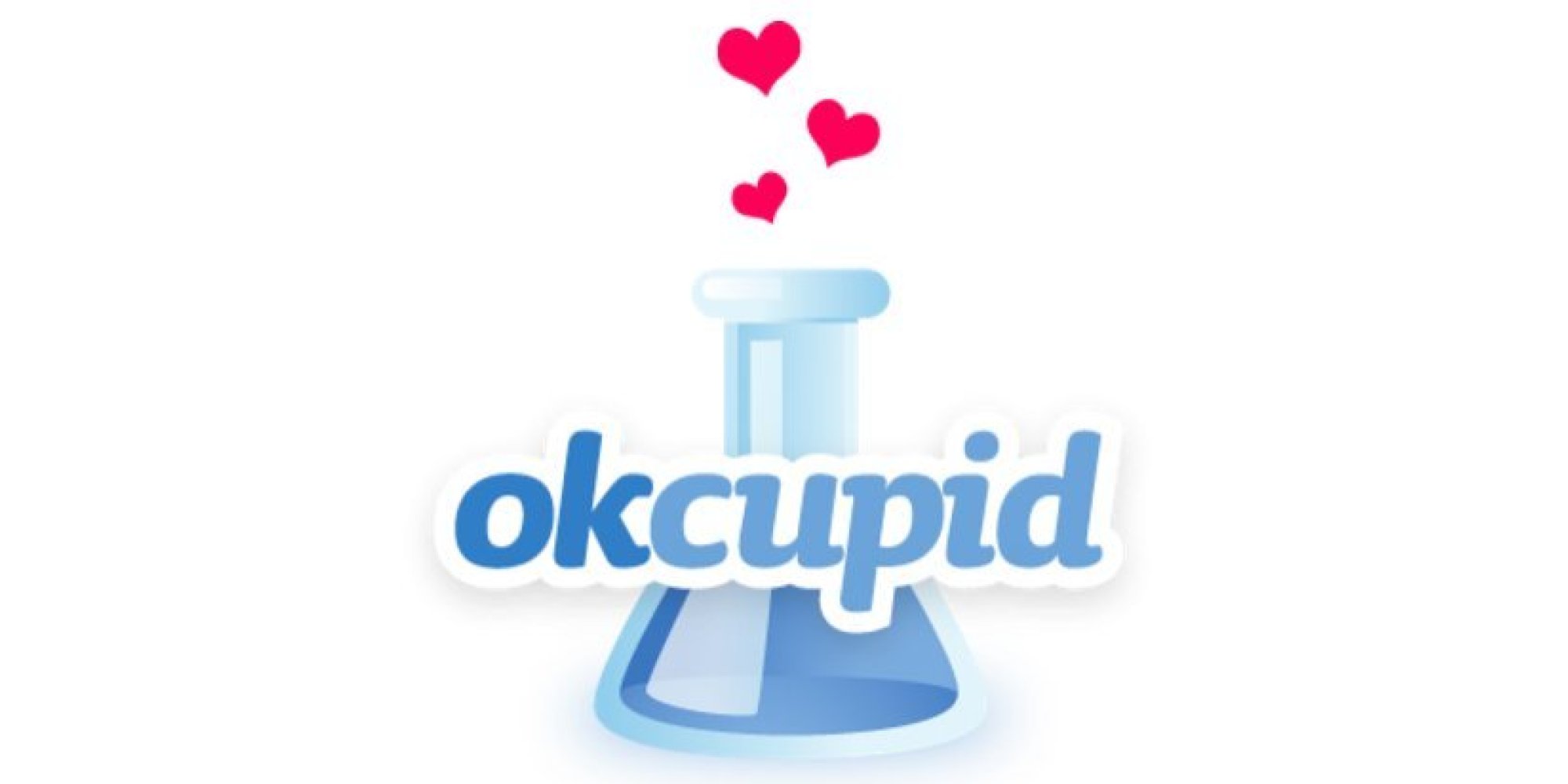I frequently hear complaints from polyfolk about OKCupid. Women complain that they get too many messages. While the men say that women never reply to theirs. Leaving the first complaint aside, I want to address the latter.
 Backing up a little, I activate my OKC account for short periods of time when I just damn feel like it. I deactivate it because I'm not "out" to my family or the godly community where my children go to school and trick-or-treat. But when I do frequent the dating site I average 30-40 messages/day. Or rather, messages from 30-40 different men, some of them send multiple messages. I reply to most, though I did finally put a disclaimer on my profile specifying that I will NOT reply to messages that only say: "Hi," "How are you?" or "You're hot". (Groan.)
Backing up a little, I activate my OKC account for short periods of time when I just damn feel like it. I deactivate it because I'm not "out" to my family or the godly community where my children go to school and trick-or-treat. But when I do frequent the dating site I average 30-40 messages/day. Or rather, messages from 30-40 different men, some of them send multiple messages. I reply to most, though I did finally put a disclaimer on my profile specifying that I will NOT reply to messages that only say: "Hi," "How are you?" or "You're hot". (Groan.)That being said, I think the men I respond to are more than a little surprised that I am returning their message. And given the circumstance, they should be. I mean, let's face it, I am hot. I'm usually more than generous with my alternate-identity email, and they will contact me there usually as soon as I give it to them. I find at this point that their enthusiasm dwindles rather quickly. Is this because I'm boring you? Have I taken away the challenge? I'm confused as to why interest suddenly disappears. Maybe it's because now I'm a real person instead of that sexy, unattainable model they had originally imagined me to be? What they thought they wanted turns out not to be what they wanted after all.
But these are not the guys I really want to talk about anyway. There is another type that I have encountered on more than one occasion. This is the guy that actually does want to talk to me via text or whatever. And we'll have a pretty good conversation to the point where I think that I can tell him what I actually think. (Not that I don't always say what I think, but I reserve the nitty-gritty for when I think someone is actually listening to me.) And this will go okay for a few days.
Then suddenly, POOF! They disappear. I mean, they're still there. I can see when they're online. I can see what you're posting on fb. I know you're there. You've just stopped responding. What exactly the fuck is this about? I mean, you're on a dating website. You complain --more than likely-- that women don't respond to your messages. And here you have a beautiful woman who has similar interests that wants to talk to you, but you ignore her? Why bother to be on a dating website at all if you don't even want what you thought you wanted when you finally get it?
True, I could blame myself. I could say that I'm just not that interesting, or I'm deluded about my looks. Or, I'm one of those crazy chicks who digs her talons into a man the second he shows the slightest interest. But I know that's not true. I have people I trust who tell me so.
The affliction of getting what you want is: now what do I do with it? To be honest, I don't really understand this problem. I actually think through what will or could happen when I achieve my goals. Sure, it might be new and scary, but I've prepared myself ahead of time for this possibility. I might proceed with caution, but I don't suddenly cut someone off because I'm a big pussy!
Conclusion: Boys, make up your goddamn minds.
Also, every time I run up against this Type, it just makes me that much more thankful for my wonderful, amazing partners.















.jpg)












